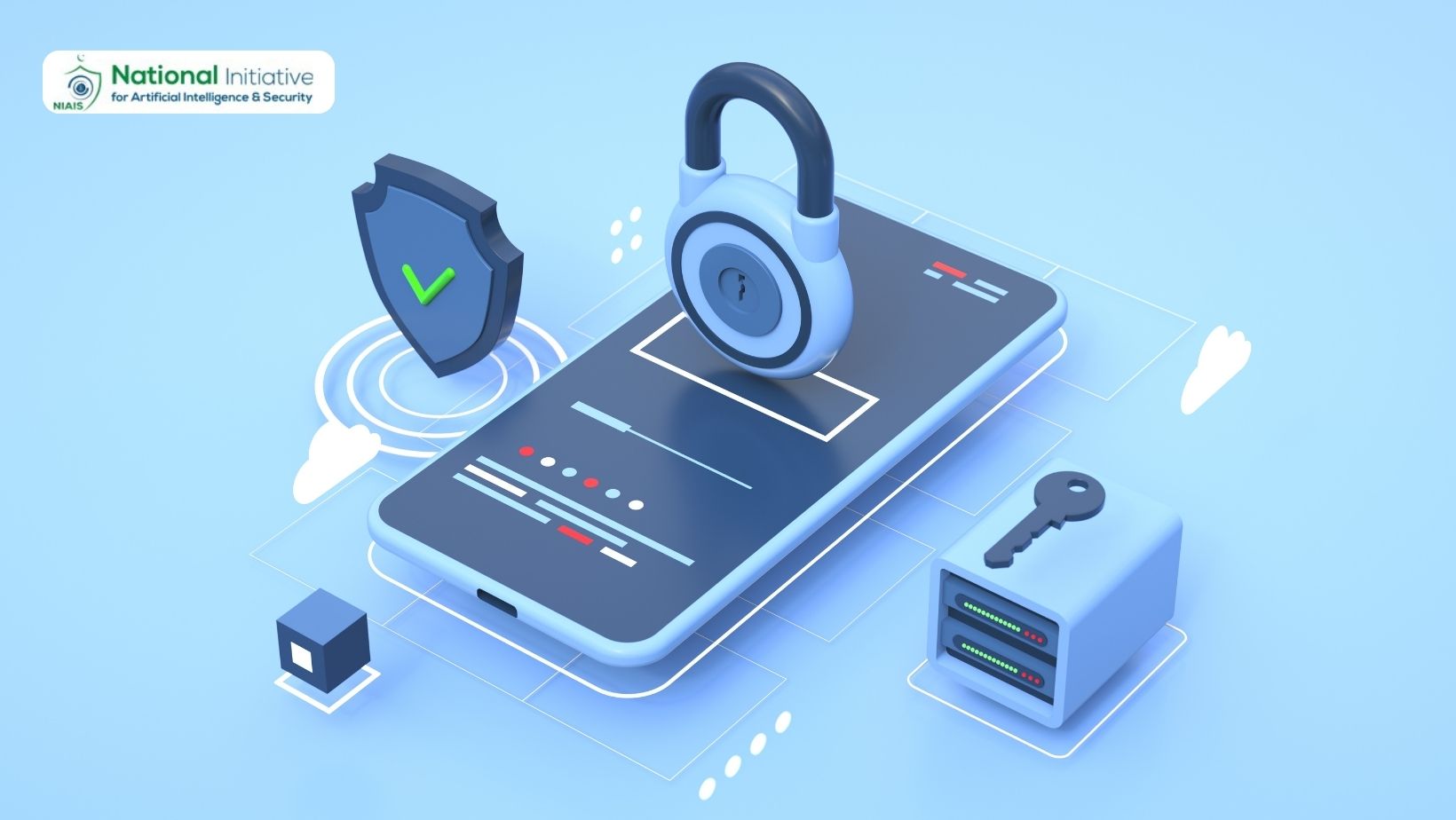In today's interconnected digital world, where data breaches and cyber threats loom large, the importance of cybersecurity has never been more pronounced. As organizations strive to protect their sensitive information and safeguard their digital assets, the role of ethical hacking has emerged as a critical component in the fight against cybercrime. Ethical hackers, also known as white-hat hackers, play a pivotal role in identifying vulnerabilities within systems and networks before malicious actors can exploit them. In this blog post, we delve into the impact of ethical hacking in today's dynamic technological landscape.
Understanding Ethical Hacking:
Unlike malicious hackers who exploit vulnerabilities for personal gain, ethical hackers operate within legal boundaries and adhere to strict codes of conduct. Their primary objective is to identify weaknesses in an organization's defenses and help patch them before they can be exploited by cybercriminals.
The Growing Importance of Ethical Hacking:
With the proliferation of cyber threats and the increasing sophistication of cyber-attacks, the demand for skilled ethical hackers has surged. Organizations across industries recognize the value of proactive security measures to mitigate risks and protect their assets. Ethical hacking serves as a preemptive defense mechanism, enabling companies to identify and address vulnerabilities before they can be exploited by malicious actors. By conducting regular security assessments and penetration tests, ethical hackers help organizations fortify their defenses and minimize the likelihood of costly data breaches.
Ethical Hacking in Practice:
Ethical hackers employ a variety of techniques and tools to assess the security posture of systems and networks. These may include vulnerability scanning, penetration testing, social engineering, and code review, among others. By mimicking the tactics of real-world attackers, ethical hackers can identify weaknesses in an organization's infrastructure, configuration, or coding practices. They then provide actionable insights and recommendations to address these vulnerabilities and enhance overall security.
Ethical Hacking and Compliance:
In addition to bolstering cybersecurity defenses, ethical hacking plays a crucial role in regulatory compliance. By conducting comprehensive security assessments and demonstrating due diligence in addressing vulnerabilities, organizations can ensure compliance with regulatory requirements and avoid potential penalties.
The Future of Ethical Hacking:
As technology continues to evolve and cyber threats become more sophisticated, the role of ethical hacking will only grow in significance. With the rise of emerging technologies such as artificial intelligence, cloud computing, and the Internet of Things (IoT), new attack vectors and security challenges will emerge. Ethical hackers will need to stay abreast of these developments and continually adapt their methodologies and tools to effectively safeguard against evolving threats.
In conclusion, ethical hacking plays a vital role in today's cybersecurity landscape, helping organizations stay one step ahead of cybercriminals and protect their valuable assets. As technology continues to advance, the demand for skilled ethical hackers will only increase, making ethical hacking an indispensable aspect of modern cybersecurity practices.





